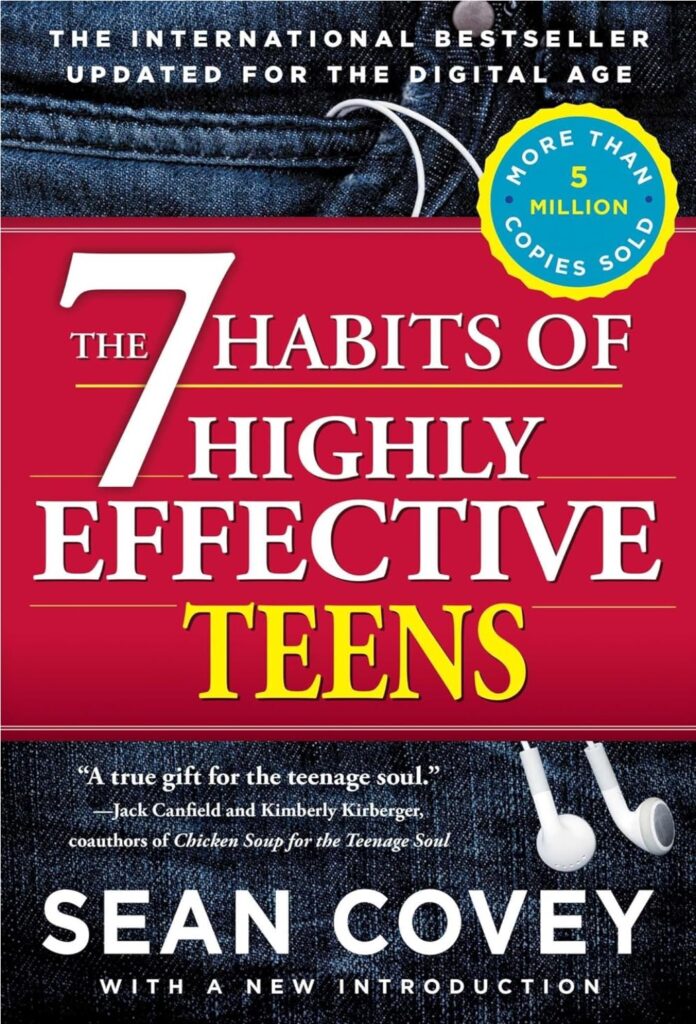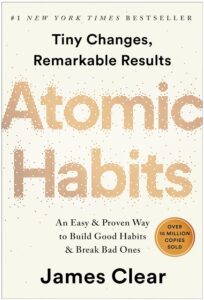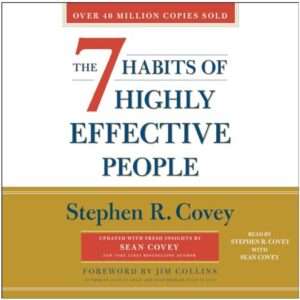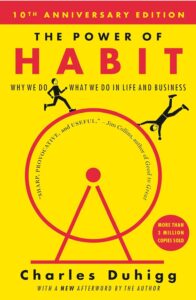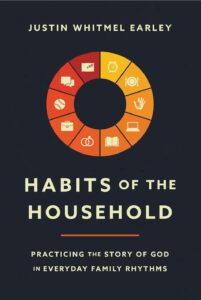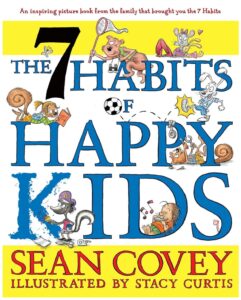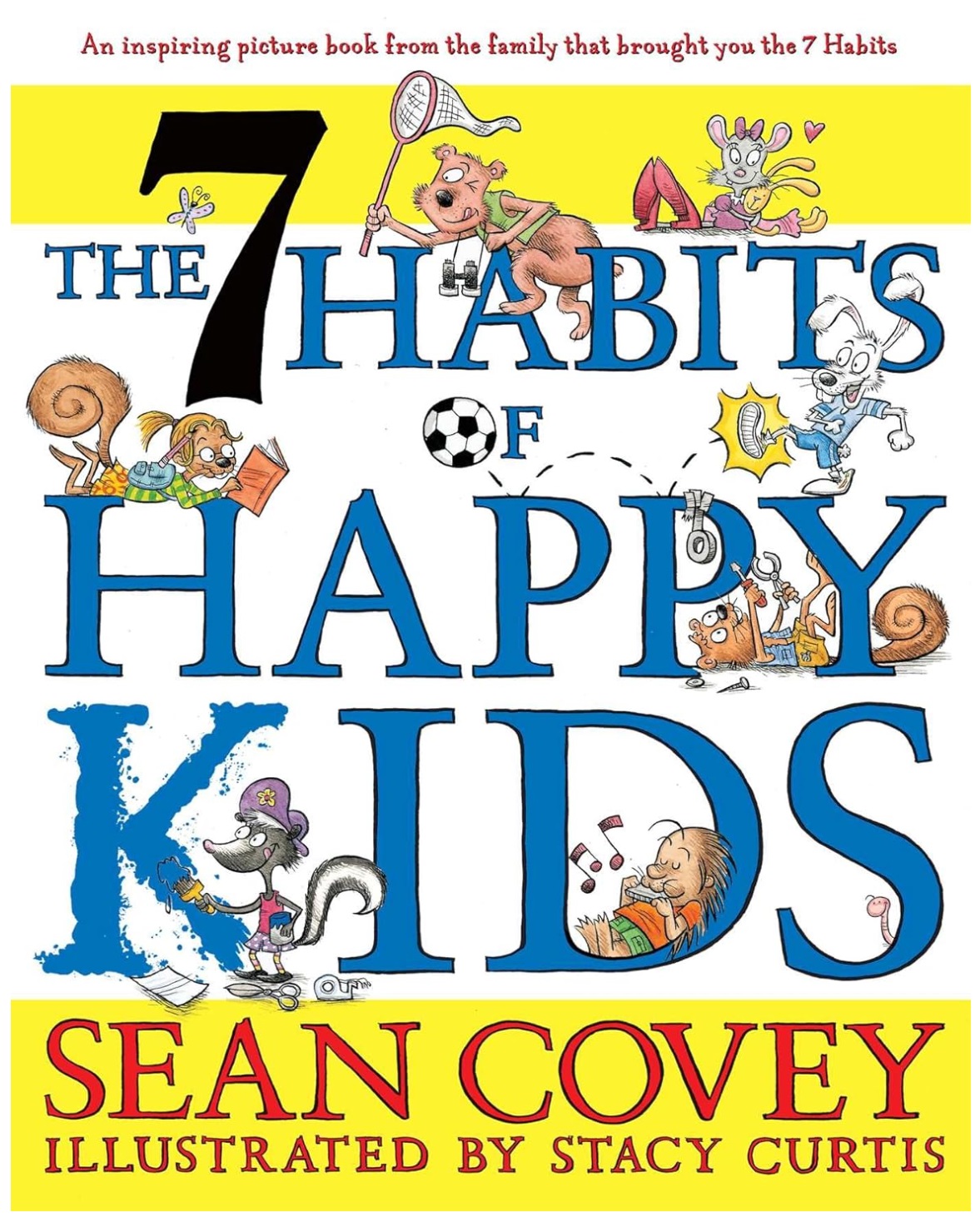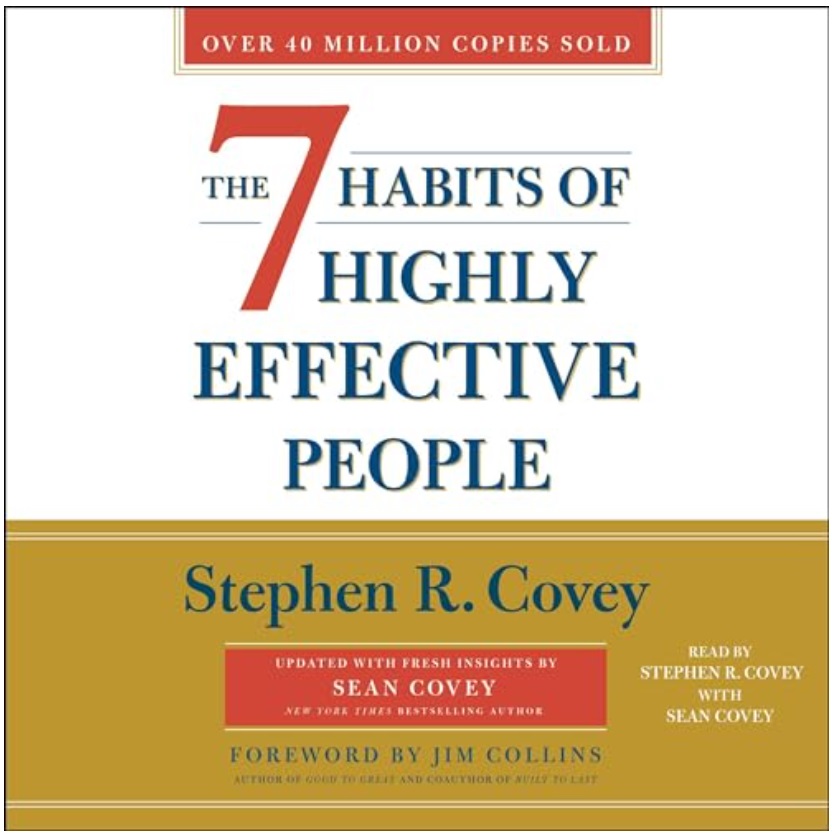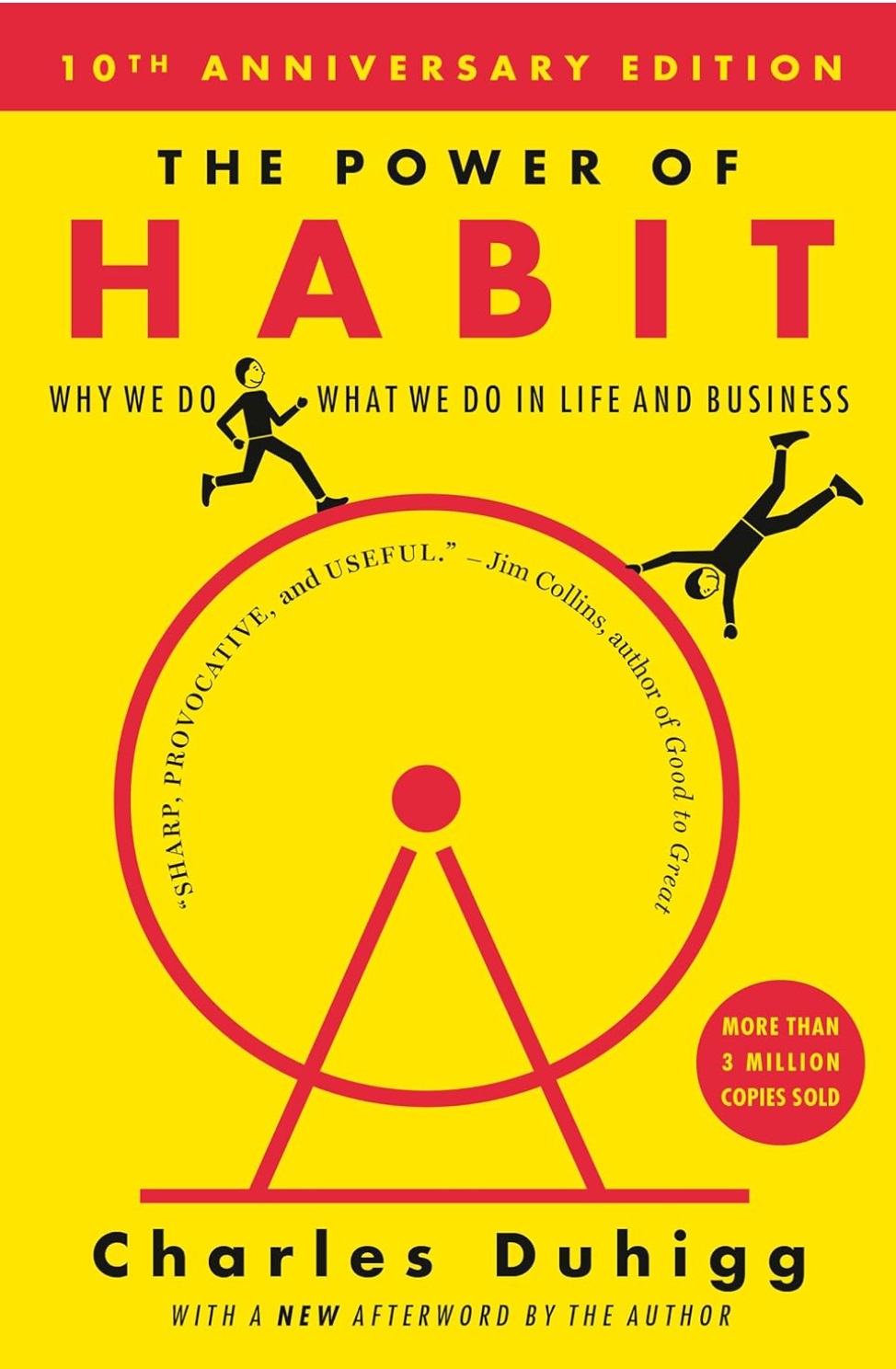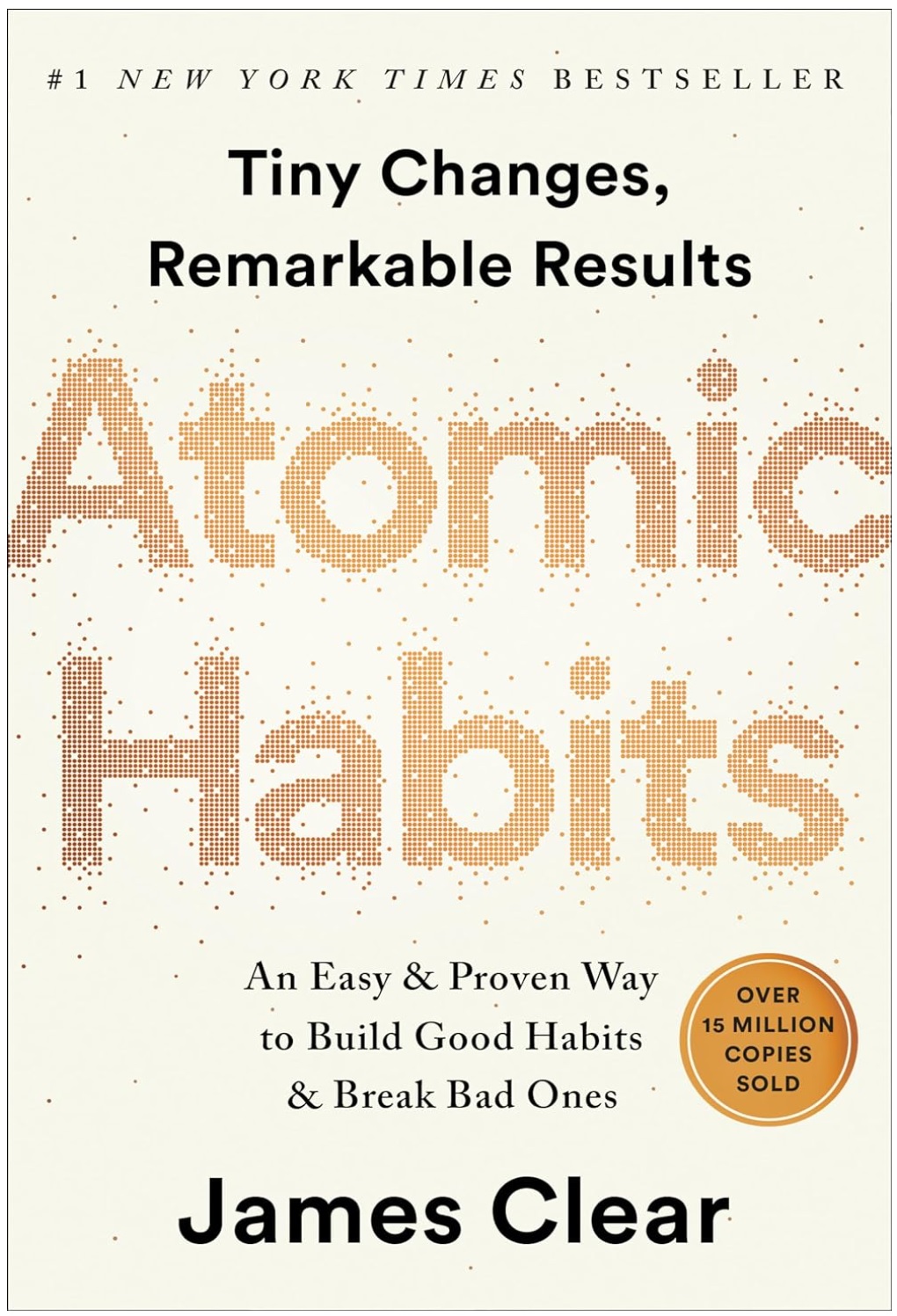The 7 Habits of Highly Effective Teens by Sean Covey is a transformative guide for teenagers navigating the complexities of adolescence. Based on Stephen Covey’s classic principles, this book adapts the seven habits for a younger audience.
The book offers practical advice on personal growth, decision-making, and building strong relationships. With relatable stories and exercises, it’s a roadmap for teens seeking success and a fulfilling life.
The 7 Habits of Highly Effective Teens by Sean Covey is a refreshing adaptation of his father Stephen R. Covey’s classic book, The 7 Habits of Highly Effective People.
This book is specifically designed for teenagers, offering practical advice and relatable examples to help navigate the challenges of adolescence.
I was intrigued by how Covey translated his father’s principles into a teen-friendly format, and the result is a book that speaks directly to the struggles and aspirations of young people.
I shared this book with my teenage daughters, and we have, together, implemented some of the principles taught in it.
Table of Contents
ToggleThe Teen Guide to Success
Why This Book Matters
As a teenager, I remember feeling overwhelmed by all the changes and uncertainties that came with growing up. School, relationships, and figuring out who I was seemed daunting at times. Teengaers these days experience challenges no less than I did in my early years. In many ways, there are even more pressures now.
The 7 Habits of Highly Effective Teens addresses these common concerns, providing a roadmap for teens to build a foundation for success.
Covey’s approach is engaging and accessible, using humor and real-life stories to keep things interesting.
It doesn’t feel like a typical self-help book; instead, it’s like having an older friend who gets what you’re going through.
What Sets This Book Apart
One of the standout features of this book is its focus on practicality. Covey doesn’t just present the habits; he provides clear examples and exercises to help teens understand and apply them.
The book is filled with illustrations, quizzes, and interactive activities that make the learning process enjoyable.
This interactive approach sets it apart from other self-help books, making it easier for teens to engage with the material and see how it can benefit them in their daily lives.
Exploring the Seven Habits
The core of the book is, of course, the seven habits. Covey presents them in a way that resonates with teenagers, using relatable scenarios and language.
Each habit builds on the previous one, creating a progression from personal development to interpersonal effectiveness. Here’s a deeper look at how Covey presents the seven habits.
Habits 1-3: Private Victory
The first three habits focus on personal development, what Covey calls “private victory.”
Habit 1: “Be Proactive,” encourages teens to take responsibility for their actions and choices. I remember as a teen, I often blamed others for my problems or felt powerless to change my circumstances. This habit shifted my perspective, teaching me that I had the power to choose how I reacted to any situation.
Habit 2: “Begin with the End in Mind,” is about setting clear goals and envisioning the future. Covey suggests creating a personal mission statement, which I found to be a powerful exercise. It encouraged me to ask my daughters to think about what they want to achieve and what kind of person they want to become when they reach adulthood.
Habit 3: “Put First Things First,” focuses on time management and prioritization. As a teenager, it’s easy to get distracted by social media, friends, and other activities. This habit helps my daughters focus on what’s truly important and prioritize their time accordingly.
Habits 4-7: Public Victory
The next four habits are about interpersonal effectiveness, or “public victory.”
Habit 4: “Think Win-Win,” is about seeking mutually beneficial outcomes in relationships. Covey explains that success doesn’t have to be a zero-sum game, and it’s possible to find solutions where everyone wins. This concept is a great one to share with teenagers, especially when it comes to group projects or resolving conflicts with friends.
Habit 5: “Seek First to Understand, Then to Be Understood,” is about listening to others before expressing your own views. As a teenager, I often felt misunderstood, but this habit encouraged me to listen more and judge less. It transformed the way I communicated with friends and family, leading to better relationships.
Habit 6: “Synergize,” emphasizes teamwork and collaboration. Covey shows how working together can achieve better results than working alone. This habit inspired my daughter to value different perspectives and seek out diverse opinions when undertaking group work.
Habit 7: “Sharpen the Saw,” is about self-care and continuous improvement. Covey suggests that teens should focus on physical, mental, emotional, and spiritual well-being to maintain effectiveness over time.
Read real reviews about The 7 Habits of Highly Effective Teens on Amazon.
Applying the 7 Habits in Teenage Life
After reading The 7 Habits of Highly Effective Teens, I was eager for my children to put the habits into practice. The book’s interactive format and practical advice made it easy to apply the concepts in their daily life.
We as a family started to see positive changes in attitude, relationships, and productivity, which motivated them to keep going.
Building Good Habits
The first three habits—Be Proactive, Begin with the End in Mind, and Put First Things First—helped them build a strong foundation.
They became more proactive by taking responsibility for their actions and finding solutions instead of excuses.
Beginning with the end in mind encouraged them to set clear goals for school and personal development.
Putting first things first taught them the importance of prioritizing their time and focusing on what truly mattered.
Improving Relationships
The next four habits—Think Win-Win, Seek First to Understand, Synergize, and Sharpen the Saw—transformed their relationships with friends and family.
Thinking win-win encouraged them to look for common ground in conflicts, leading to more harmonious relationships.
Seeking first to understand improved their listening skills, allowing them to connect with others on a deeper level.
Synergizing with friends showed them the power of teamwork and collaboration, while sharpening the saw reminded them to take time for self-care and personal growth.
Final Thoughts
The 7 Habits of Highly Effective Teens by Sean Covey is an invaluable resource for teenagers seeking guidance and direction. The book’s relatable examples, interactive format, and practical advice make it easy to engage with and apply the seven habits in everyday life.
Covey’s conversational tone and humor keep the content light-hearted, ensuring that readers stay interested throughout.
If you’re a teenager looking to improve your life, build better relationships, and achieve greater success, I highly recommend this book.
It’s a comprehensive guide that covers a wide range of topics, from personal development to teamwork and self-care.
Reading The 7 Habits of Highly Effective Teens was a turning point in my daughters’ lives, and I believe it can have a similar impact on yours. Give it a read, and you’ll be on your way to becoming a highly effective person.
Learn more about The 7 Habits of Highly Effective Teens on Amazon.

